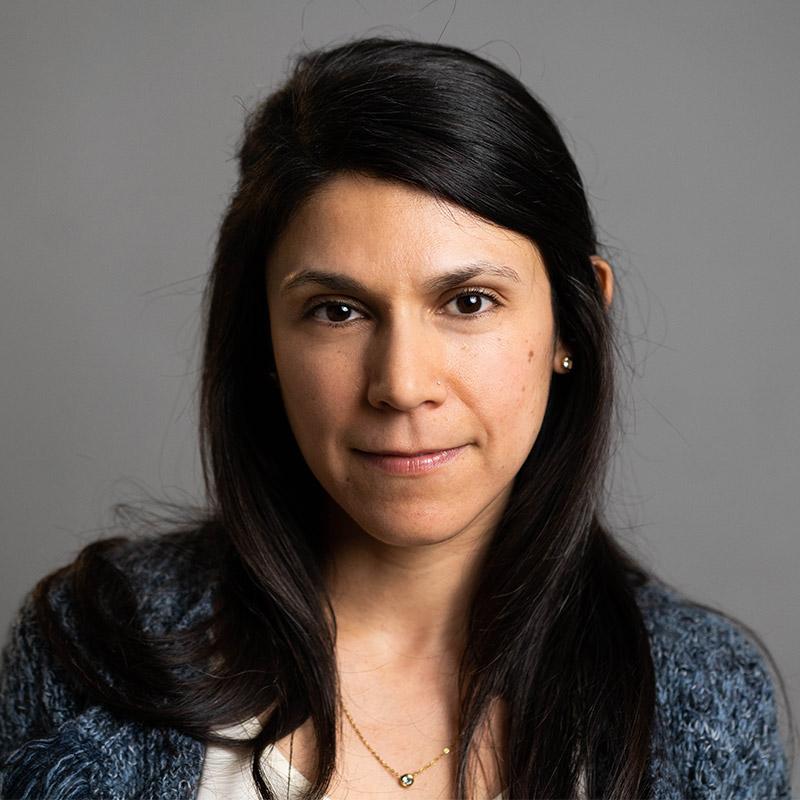
Sustainable Finance
Green bonds and other sustainable finance products
Share this course
06/11/2023 - 01/12/2023
Registration deadline
30/10/2023
Level
Intermediate, Introductory
Approach
Qualitative
Delivery mode
Online, Self-paced

Sustainable Finance
Home - Green bonds and other sustainable finance products
Share this course
06/11/2023 - 01/12/2023
Registration deadline
30/10/2023
Level
Intermediate, Introductory
Approach
Qualitative
Delivery mode
Online, Self-paced
In 2007, the first issuance – by the European Investment Bank – of a bond explicitly contributing to the climate agenda (known as “Climate Awareness Bond”) marked a significant milestone for the bond market. Since then, bonds which further sustainability goals (like “green”, “sustainability-linked”, “social”, and “transition” bonds) have witnessed a considerable surge in popularity, fundamentally reshaping the current dynamics of the bond market. Issuers of these instruments have included private and public actors, like financial institutions, and companies, but also governments and multilateral development banks. Fuelled by issuance successes, companies and financial institutions have increasingly designed other types of financial products and techniques, like loans and securitisations, with the goal of advancing environmental, social and governance (ESG) objectives.
Multiple and concurrent trends have affected the development of the market for “sustainable” financial instruments. First, service providers have designed divergent methodologies to assess and certify the ‘sustainable’ component. Second, the use of digital technologies, like blockchain and AI, has facilitated the structuring and issuance of these instruments. Third, policy-makers actively engaged in establishing new standards and rules to standardise such instruments, as demonstrated by the EU through the proposed Green Bond Standard. Yet, these divergencies and parallel trends have introduced complexity and risks, including the risk of “greenwashing” and “social” washing, which risk undermining the net positive impact of these instruments.
In light of these interconnected developments, gaining a comprehensive understanding of the role of green and other “sustainable” financial instruments has become critical for financial institutions, regulatory bodies, supervisors and all market participants.
This course offers an invaluable opportunity to gain knowledge and insights to navigate this evolving landscape.
Course format
The course takes 10 hours to complete.
You will engage with the content through self-paced content, including video lectures, quizzes and forum assignments, and in real-time online live classes. In total, self-paced materials will account for one-third of the total content, while live classes will account for the remaining two-thirds.
Live classes will be arranged once every course week (around mid-day on Thursdays or Fridays) and will feature instructor-led sessions (lectures and discussions) alongside interactive moments for course participants (group activities and exercises).
Course modules
Module 0 (optional): Essentials of bonds
Module 1: Sustainable finance and the green bond market
Module 2: An overview of current market practices
Module 3: Other sustainable finance products
Module 4: Green bonds: key legal questions and considerations
Module 5: Green Bonds: looking back and looking beyond

Federica Agostini
Research Associate
Robert Schuman Centre for Advanced Studies

Maria del Carmen Sandoval Velasco
Project Coordinator (CBBS)
Robert Schuman Centre for Advanced Studies
Serena Fatica
Principal Economist
European Commission's Joint Research Centre

Giorgio Falchi
Research Associate
Robert Schuman Centre for Advanced Studies

Gábor Gyura
Assistant Part-time Professor - Florence School of Banking and Finance
United Nations Environment Programme Finance Initiative

Jan Job (JJ) de Vries Robbé
Senior Counsel Legal Affairs
FMO: Dutch Entrepreneurial Development Bank

Justine Leigh-Bell
Executive Director
Anthropocene Fixed Income Institute (AFII)

Sebastian Mack
Senior Policy Fellow
Jacques Delors Centre, Hertie School in Berlin

David Ramos Muñoz
Professor
University Charles III of Madrid and University of Bologna

Pierre Schlosser
Deputy Director
Florence School of Banking and Finance

Agnieszka Smoleńska
Senior Policy Fellow
Centre for Economic Transition Expertise (LSE)

Federica Agostini
Research Associate
Robert Schuman Centre for Advanced Studies

Jan Trevisan
Online Training Officer
Robert Schuman Centre for Advanced Studies

Chiara Bajet
Project Associate - Online Training
Robert Schuman Centre for Advanced Studies
Please submit a certificate attesting your status of Professor, PhD Student or Research Associate to fbf@eui.eu before registering. FBF secretariat will provide you with a code to register. Seats for academics are limited.
Please note that the payment must be settled one week before the start of the course.
A certificate of attendance will be provided to all participants after the course.
For more details, please contact fbf@eui.eu
We use cookies to help personalise content and provide a better experience. By clicking Accept all, you agree to this, as outlined in our Cookie Policy. To change preferences or withdraw consent, please update your Cookie Preferences.